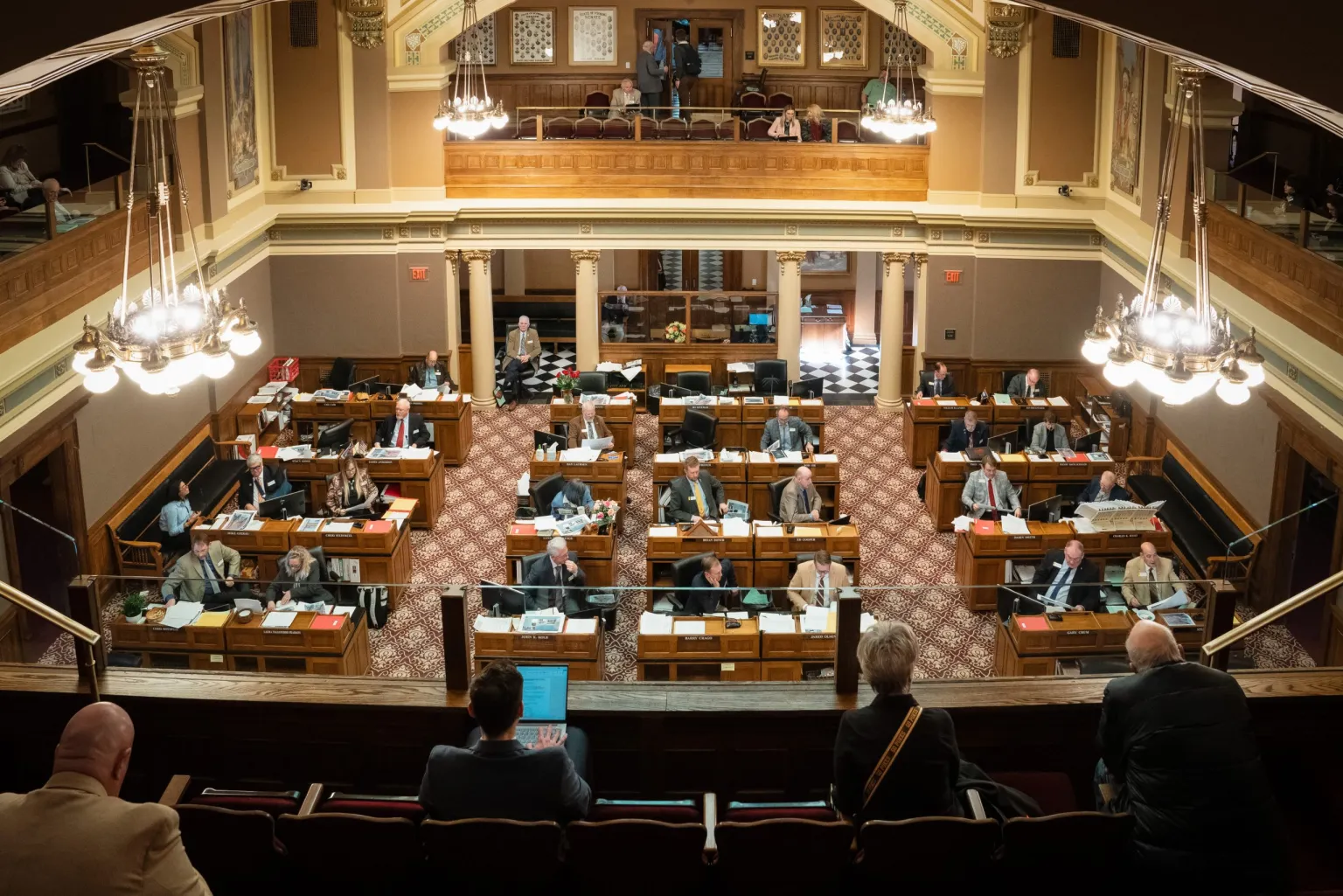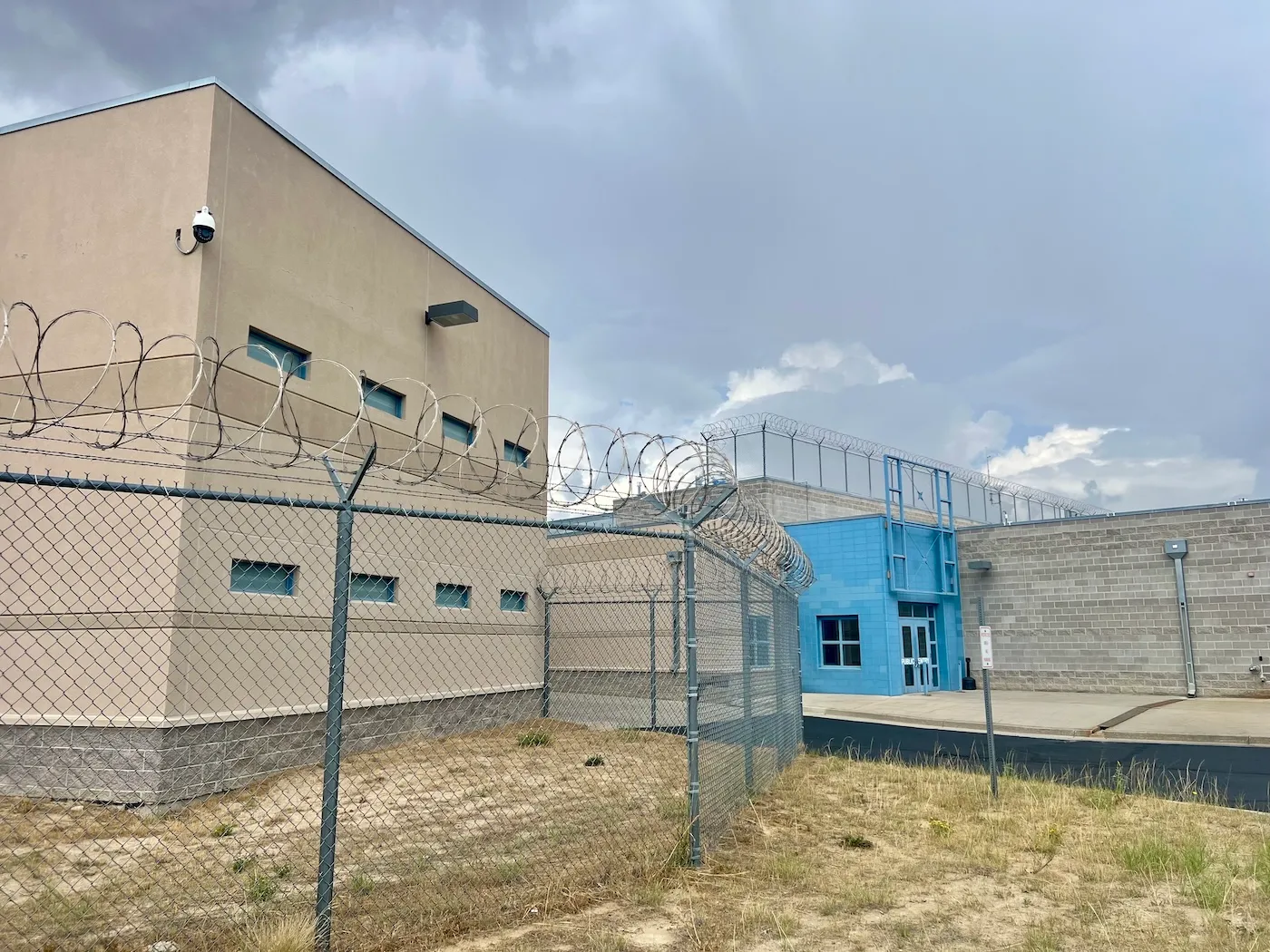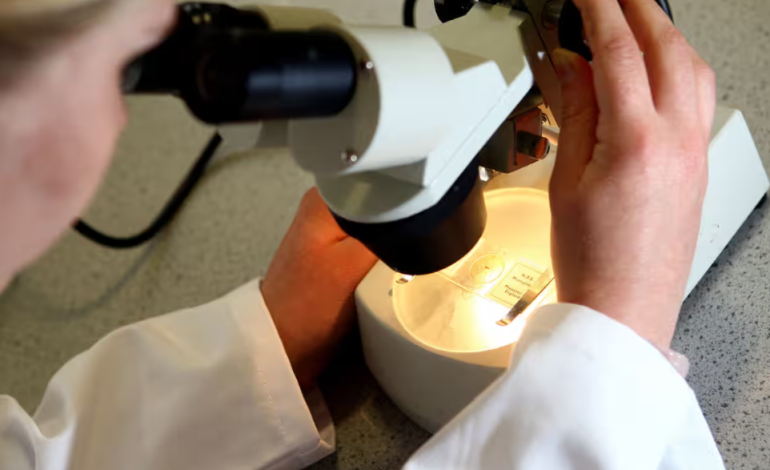A new study has found that women aged 65 and over remain at significant risk for cervical cancer, prompting researchers to call for a re-evaluation of current cervical screening guidelines, which often stop routine testing after that age, the Guardian reports.
Published in Gynecology and Obstetrics Clinical Medicine, the large-scale study analyzed data from over two million women screened for cervical cancer in China between 2017 and 2023. The results showed that women over 65 were more likely to have high-risk human papillomavirus (HPV) infections and abnormal cervical cells compared to younger participants.
Nearly 14% of women aged 65 and older tested positive for high-risk HPV types, compared to 8% of younger women. Older women were also more likely to be infected with multiple HPV types and to exhibit abnormal cell changes that can lead to cervical cancer.
HPV is responsible for about 95% of cervical cancer cases, which remains one of the most preventable yet deadly forms of cancer among women. In 2022, the World Health Organization (WHO) reported approximately 660,000 new cases and 350,000 deaths globally. That same year, 157,182 cases and 124,269 deaths occurred in women aged 65 or older.
Despite efforts to reduce cervical cancer through HPV vaccination and routine screening, most countries, including the UK, recommend ending cervical screening after age 65 if previous results have been normal and no high-risk factors are present.
The study’s authors caution that many older women may not have been vaccinated or thoroughly screened earlier in life, and with increasing life expectancy, the risk of cervical cancer in this demographic is becoming more pronounced. They conclude that women over 65 should be considered a high-risk group and call for international attention to this issue.
Health experts and organizations have responded with caution and interest. Athena Lamnisos, CEO of the Eve Appeal, highlighted that many women in this age group remain unvaccinated and possibly under-screened.
“They may still be at high risk,” she said, encouraging a review of screening guidelines.
Cancer Research UK’s Maxine Lenza added that while current screening in the UK is effective, women over 65 who have never been screened can still request testing through their GP.
An NHS spokesperson noted that the current screening programme in England already includes follow-up for women who test positive for HPV at age 65, in line with recommendations from the UK National Screening Committee. They emphasized the importance of attending scheduled appointments for continued protection.
The Department of Health and Social Care stated that screening guidelines are based on robust evidence and expert advice, but added that women concerned about symptoms should contact their GP. The department also highlighted ongoing efforts to improve screening uptake, including the planned rollout of self-sampling HPV test kits as part of a broader 10-year health plan.










The latest news in your social feeds
Subscribe to our social media platforms to stay tuned